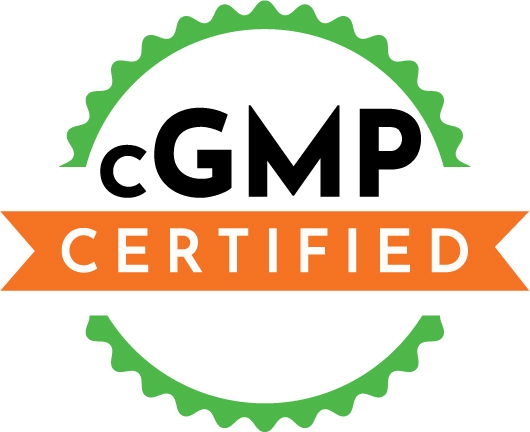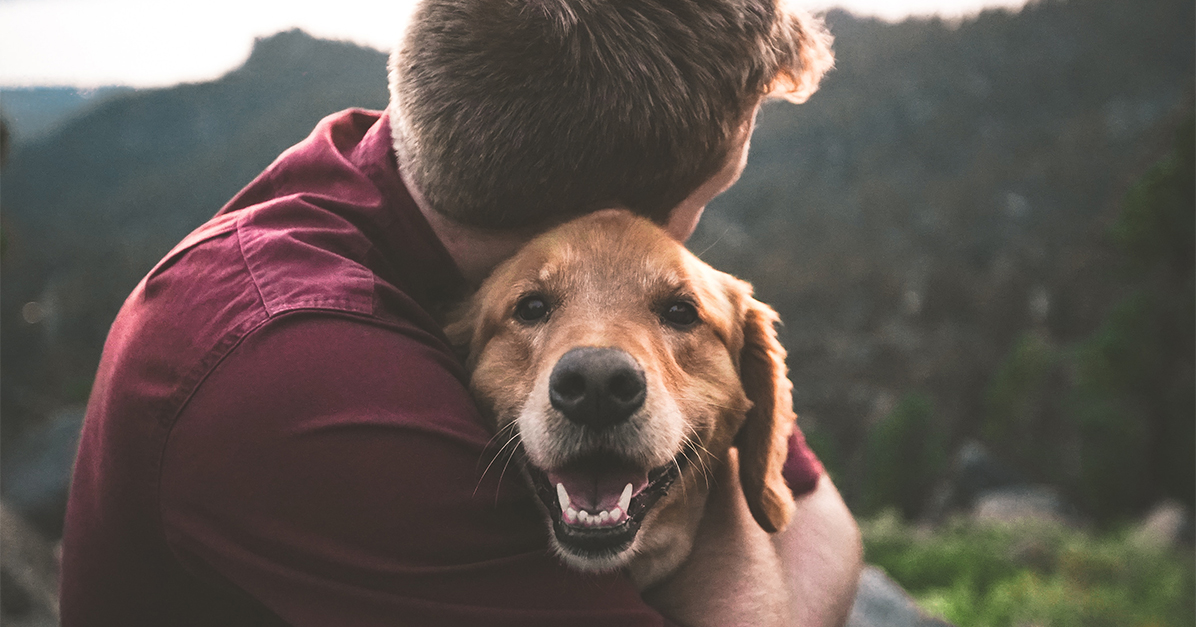In this article, Bimini’s dosage-form pet health supplements are intended to provide non-nutritional structure and/or function benefits and are not classified under the food category. Bimini’s treats provide nutritional value with supported nutritional claims.
Established by the United Nations and celebrated every June 7 since 2019, World Food Safety Day is a time to learn and discuss actions we can all take to prevent, detect and manage foodborne risks and improve our health. Special attention is given to the health consequences of contaminated food and water. When we hear the term “food safety,” our first instinct is to think about what humans eat, but many of the problems affecting food safety in people also apply to what we give our pets.
Bimini Pet Health, a Topeka, Kansas-based manufacturer of dosage-form pet health supplements, recognizes the importance of making safe products that our pets ingest. Alan Mattox, Quality Assurance Director at Bimini Pet Health, explains that although pet health supplements are not “food” and are not required to be compliant with 21 CFR, Part 117, the federal code that regulates humans’ food, Bimini adheres to and is audited on the basis of 21 CFR part 117 nonetheless. Mattox says, “In our approach to manufacturing, we don’t believe there should be a difference in the control of what pets or humans ingest. Everything we produce is made at our cGMP (current Good Manufacturing Practice) certified facility, which is also USDA inspected and FDA registered. The products are made with responsibly procured ingredients. Every ingredient and the resulting products are stored, handled, processed and transported in a manner consistent with applicable federal laws.”
Mattox added that Bimini Pet Health applies a “positive release policy” to the sequence of events that must take place before his company releases a finished product for shipping. “The finished product lot must remain in our warehouse until the microbiological test results validate the product’s safety.” Bimini tests its products for pathogenic E. coli (not all E. coli are pathogenic), salmonella and aflatoxin. “We test for E. coli and salmonella because we know our human clients handle our product. We do not want to expose them or pets to these microbes,” Mattox said. “At high levels, aflatoxins (toxins produced by certain types of mold) can cause death or serious illness in pets.”
Bimini Goes the Extra Mile When It Comes to Safety
Mattox noted that Bimini goes the extra mile in testing the safety of its pet products. “You would be hard-pressed to find many companies like ours that test for aflatoxin, let alone wait until the product has been tested to ship it out.”
Safety with what we give our pets doesn’t end when the consumer leaves the store. Mattox emphasized the importance of avoiding the use of chemical preservatives to ensure shelf-life stability and instead employing more passive approaches to maintaining a safe product on the shelf. In that regard water is key to microbial growth and “water activity” is the measure of available water for microbial growth. Bimini’s products are designed to have very low water activity levels (even lower that what the FDA recommends for human food) which do not support microbial growth that can lead to illness, including bacteria, yeast and mold,” Mattox explained.
Alan Mattox practices Bimini’s high levels of safety on his own Yorkshire Terrier. “A pet is an extension of the family, a four-legged relative. I want our dog to be as healthy as he can be, so he is around for as many years as possible. Making sure I give him products that meet quality standards is key for this to happen,” Mattox said.


